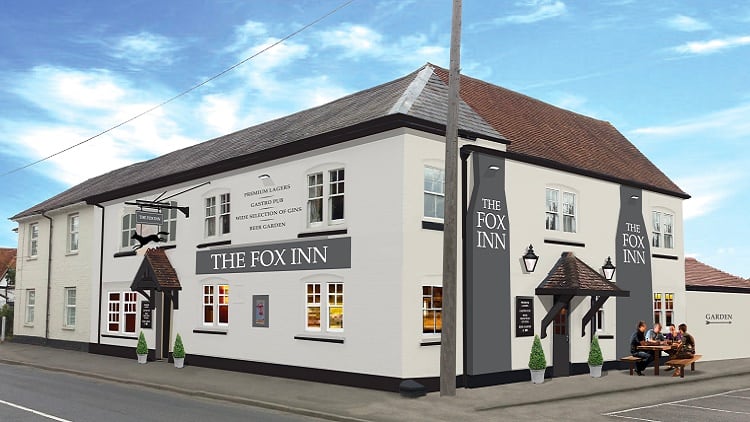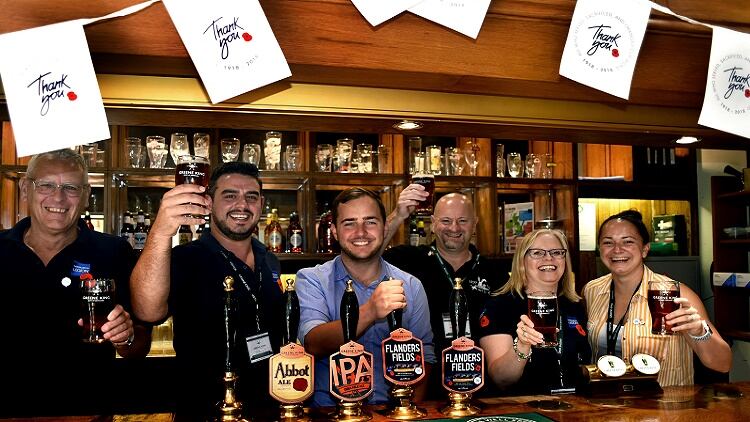The Education Committee, comprising Labour, Conservative and Scottish National Party MPs, examined how to improve the quality of apprenticeships.
Increasing incentives for small and medium-sized businesses to take on apprentices and bursaries were among recommendations in the report, titled The ladder of opportunity: quality not quantity.
Rigour and regulation
It called for clearer oversight of training and assessment alongside a tougher approach to poor-quality training.
Ofsted should be given a greater role in ensuring quality, and a cap on the amount of training new providers can give before they have proved their quality, MPs concluded.
Robert Halfon MP, chair of the committee, acknowledged the "incredible work" of many colleges and providers but said a deficit of high-quality training was “letting down both the apprentices and employers”.
He said: “There has been an explosion in the number of training providers in recent years but neither employers nor apprentices can have genuine confidence that quality training is being provided by these new entrants."
Jill Whittaker, managing director of HIT Training, agreed opening the apprenticeship provision market in 2017 had had negative consequences, with many providers “with no substance to their organisation” appearing out of the blue.
Long-term careers
Pub giant Greene King has trained more than 11,000 apprentices since 2011 and said the key to its success was embedding apprenticeships into its business.
Graham Briggs, apprenticeships manager at the pubco, said effective training was an antidote to dismal sector rates of staff retention.
He explained: "Businesses should view apprenticeships not as an alternative form of cheap labour, but instead as an opportunity to support young people taking that all-important first step on their career ladder.
“A quality apprenticeship programme means higher standards in knowledge, skills and behaviour across the board and means people will often choose to stay to develop their career further.
"As more companies understand the benefits a successful apprenticeship scheme can bring, the quality is improving across the industry.”
A recommendation for an increase to the national apprenticeship wage has been welcome news to operators. Treating Greene King apprentices “like a permanent employee from day one”, including pay and benefits, has been crucial to the scheme’s success, Briggs said.
Similarly, at HIT Training, the majority of providers already pay above the minimum wage, currently £3.70 per hour for apprentices under 19 and those 19 or over who are in their first year.
However, Whittaker said the report did not say enough about flexibility for off the job training.
Three-way commitment
She said: "We find ourselves in a ridiculous situation, whereby any homework or personal study doesn't count to off-the-job training.
“If you do any programme of study, there's an expectation that you'll do some of that in your own time because your commitment is for you as well as the organisation you're working for, it's a three-way commitment.
“The fact that isn't recognised doesn't make any sense at all."
Prime Minister Theresa May announced a set of reforms for apprenticeships at the Conservative Party conference, including allowing companies to use up to 25% of their levy funds to train apprentices throughout their business from April 2019.




